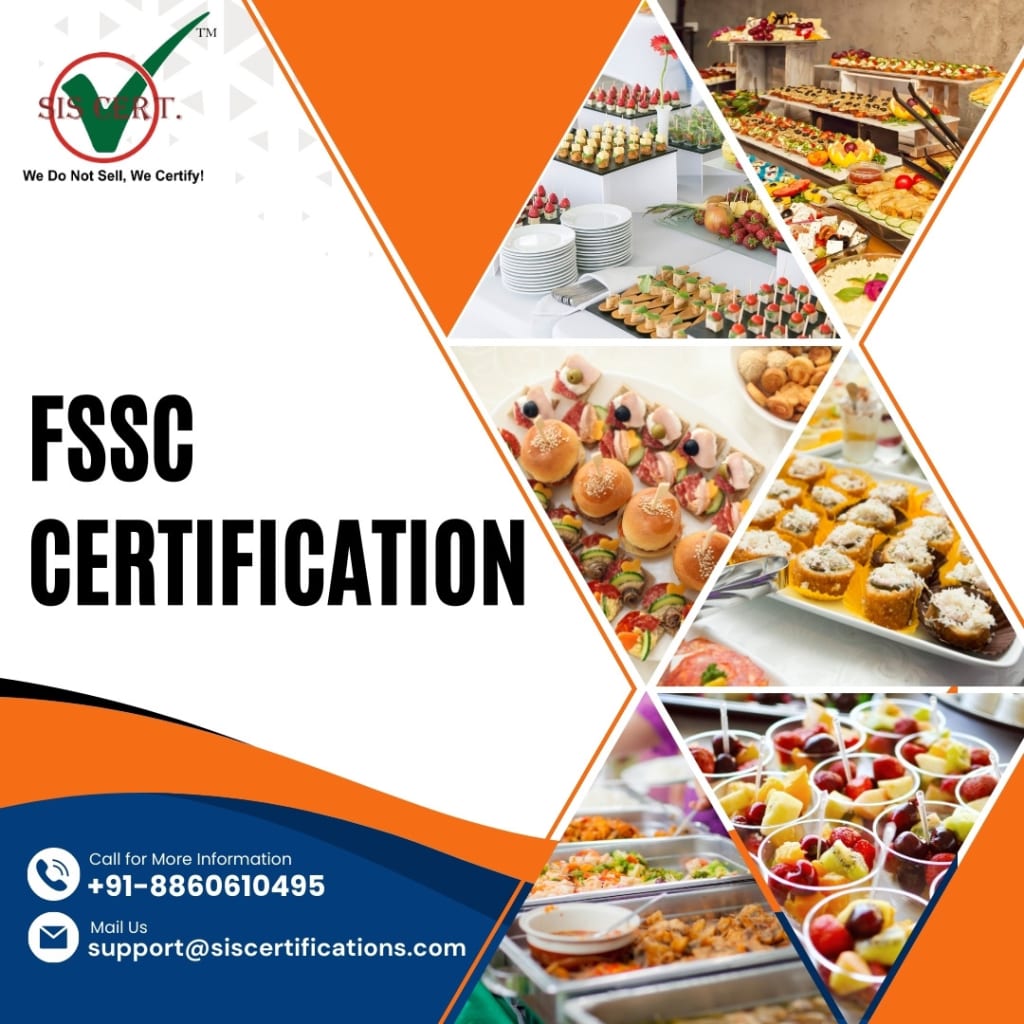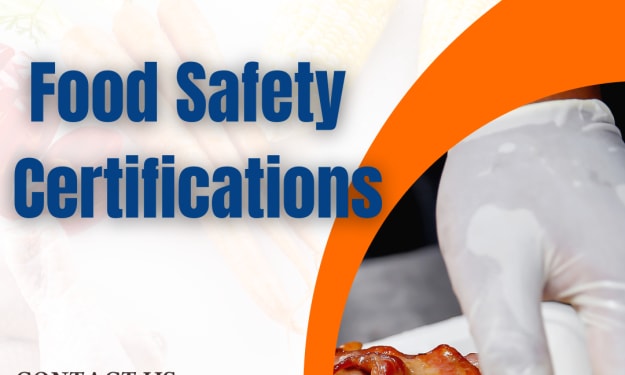From Farm to Fork: How FSSC Certification Ensures Traceability and Transparency
Ensuring Traceability and Transparency: The Role of FSSC Certification in the Farm-to-Fork Journey

The FSSC 22000 (Food Safety System Certification) is a global food safety management system standard that provides a framework for ensuring the safety and quality of food products throughout the supply chain. FSSC certification helps organizations demonstrate their commitment to food safety, traceability, and transparency. Here's how FSSC certification ensures traceability and transparency from farm to fork:
Supply Chain Mapping:
FSSC certification requires organizations to map their entire supply chain, starting from the source of raw materials to the final product distribution. This includes identifying suppliers, intermediaries, and any outsourced processes. By mapping the supply chain, organizations can establish traceability and understand the origin of their ingredients.
Risk Assessment and Management:
FSSC certification emphasizes the importance of conducting a thorough risk assessment of potential hazards within the supply chain. This includes assessing biological, chemical, and physical hazards that can affect food safety. By identifying and managing these risks, organizations can minimize the chances of contamination or quality issues.
Documented Procedures and Controls:
FSSC certification requires organizations to implement documented procedures and controls for each step of the food production process. This includes protocols for handling, storage, processing, and transportation. By having clear and standardized procedures, organizations can ensure consistency and reduce the risk of errors or deviations that may compromise food safety.
Batch and Lot Traceability:
FSSC certification requires organizations to establish batch and lot traceability systems. This involves assigning unique identifiers to each batch or lot of products, which enables easy tracking and identification throughout the supply chain. In case of any safety issues or recalls, organizations can quickly identify affected batches and take appropriate action.
Supplier Approval and Monitoring:
FSSC certification emphasizes the need to establish robust supplier approval and monitoring processes. Organizations must evaluate and approve suppliers based on their ability to meet food safety requirements. Regular audits and assessments are conducted to ensure that suppliers maintain compliance with the necessary standards.
Product Labeling and Packaging:
FSSC certification includes requirements for accurate product labeling and packaging information. This ensures that consumers have access to clear and correct information about the food products they purchase, including ingredients, allergens, nutritional information, and proper handling instructions. Accurate labeling supports transparency and enables informed consumer choices.
Training and Competency:
FSSC certification emphasizes the importance of providing training and ensuring the competency of employees involved in food production and handling. Personnel should be adequately trained in food safety practices, including hygiene, sanitation, and proper handling procedures. Competent staff are essential for maintaining traceability and transparency throughout the production process.
Internal Audits and Continuous Improvement:
FSSC certification requires organizations to conduct internal audits to assess the effectiveness of their food safety management system. Regular audits help identify areas for improvement and ensure compliance with the standard. Organizations are encouraged to continuously improve their processes based on audit findings and emerging industry practices.
Compliance with Applicable Regulations:
FSSC certification ensures that organizations comply with relevant food safety regulations and standards, including national and international requirements. This compliance includes adherence to food safety legislation, labeling regulations, and any specific regulations related to the industry or region of operation. Meeting regulatory requirements contributes to traceability and transparency.
External Certification Audits:
To achieve FSSC certification, organizations undergo external audits conducted by accredited certification bodies. These audits evaluate the organization's compliance with FSSC 22000 requirements, including traceability and transparency measures. Successful certification demonstrates to customers, regulators, and stakeholders that the organization has implemented effective systems to ensure food safety and transparency.
FSSC certification provides assurance to consumers, retailers, and other stakeholders that the certified organization maintains rigorous food safety practices, traceability, and transparency throughout the supply chain. It enhances consumer trust as well.





Comments
There are no comments for this story
Be the first to respond and start the conversation.